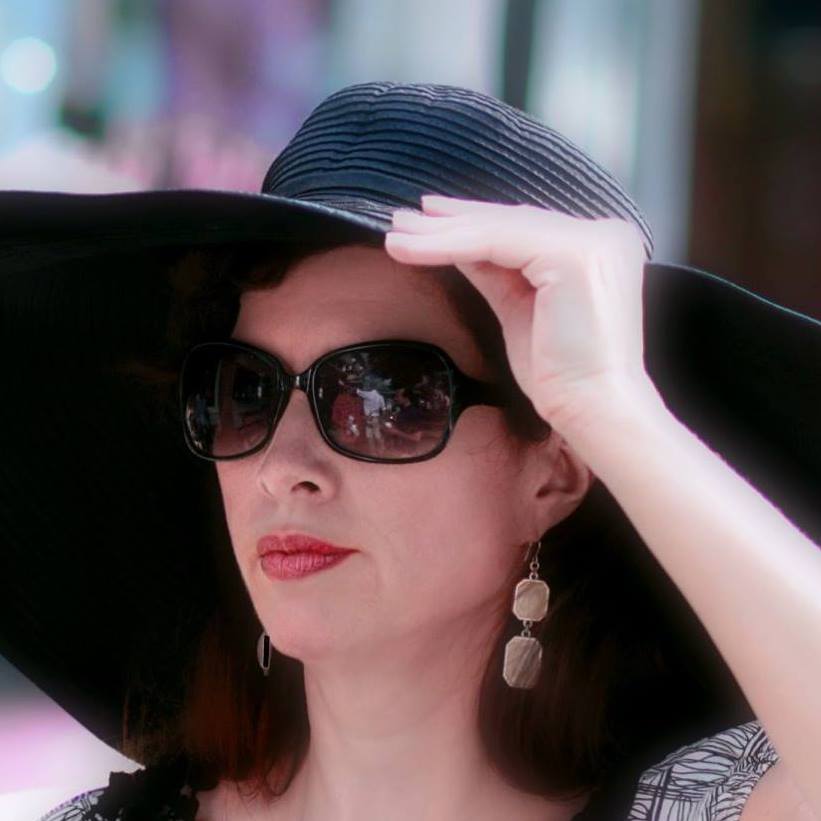Last Wednesday, the Dallas City Council unanimously approved turning over management of the zoo to a non-profit organization, a spin-off of the philanthropic Dallas Zoological Society. I supported this decision and think in the longrun it’ll improve our zoo.
However, I didn’t like the fact that this was rushed through, and several councilmembers also voiced their concern that this proposal was moving too fast. The council had only been briefed about the matter the week before. The mayor and others argued that this idea has been floating around for a decade, I suppose implying that we had gotten plenty of notice. But an idea floating around in the ether is far different from a concrete proposal, and a week is too little time to really digest such a significant change to one of our largest assets.
The proposal suggested that the city retain ownership of the zoo property but that the zoological society manage day-to-day zoo operations and assume ownership of the animals. The city would pay an annual flat fee (adjusted for inflation) to the zoological society for managing the zoo, and the society would pick up expenses beyond that.
As I reviewed the proposal, I kept thinking of possible problems (that’s what I do when I review city proposals — I look at them very critically and try to find holes or problems or unintended consequences that need to be fixed; blame it on the lawyer in me). I was pleased that almost every concern was addressed.
Nearly all of the top zoos in the country (including our neighbor to the west, Fort Worth) are run this way. And this isn’t a new paradigm for Dallas: many current city facilities are managed in this way, where the city owns the building and a non-profit runs the operations: the Dallas Arboretum, and Dallas Center for the Performing Arts, and the Dallas Museum of Art, to name a few.
Chief among the benefits of this structure is that the non-profit will be able to raise more money for the zoo’s operation. Right now, few philanthropists want to give money to the city to run the zoo, because there’s no guarantee there will actually be an increase in the funding the zoo receives: the city could graciously accept the check, then turn around and reduce the zoo’s budget by the same amount, with no net gain. Also, our zoo has the potential to be a nationally-recognized attraction, but the city doesn’t have the resources to take it to the next level. This can be an opportunity for a great transformation at our zoo.
There were a few remaining issues that needed to be addressed before I could support this proposal, and I met with the director of the park department, the zoo director, and the director of the zoological society to discuss my concerns. In the end, I made sure we had three important elements included in the management agreement: a requirement that the public can access records related to animal health and welfare, a whistle-blower clause so if someone sees animal cruelty, they can report it without fear of losing their job, and financial auditing and oversight by the city.
